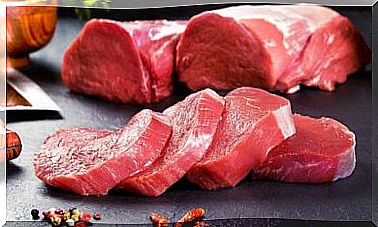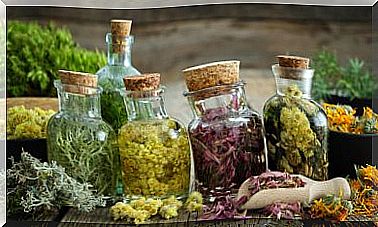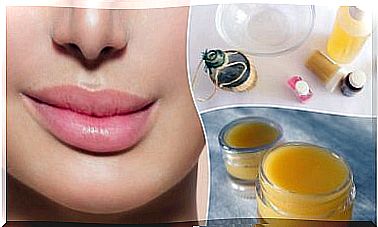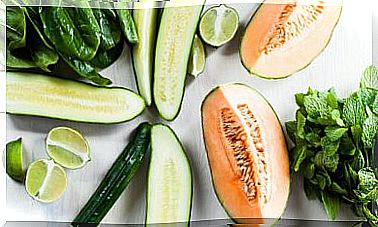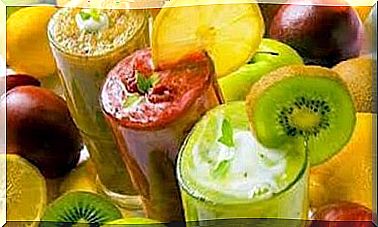10 Foods With Anticancer Properties?
Although cancer remains an incurable disease, multiple investigations continue to find a possible cure or at least ways to improve existing treatments and thus help patients.
Various investigations have delved into the properties and compounds of certain foods and beverages, trying to find a solution. However, for now, what has become clear is that the consumption of a certain type of food or drink does not prevent or cure cancer.
Let’s review which foods and beverages have been researched the most, but first, let’s see what the experts say.
Cancer and diet: a complex relationship
According to the experts of the Spanish Association Against Cancer (AECC), it would be advisable to eat “a diet rich in fruits and vegetables and low in fat, as well as avoiding obesity and doing physical exercise can protect against certain cancers.”
Likewise, experts indicate that, as there is no food capable of covering each and every one of the body’s needs for it to function properly, it is essential to maintain variety in the diet and not rely solely on the consumption of a certain food.
On the other hand, they remember that it is convenient to limit the consumption of all those edibles that do not contribute anything to health: junk food, ultra-processed, sweets and industrial snacks .
What are the foods and drinks with anticancer properties?
Let’s now see what are the different foods and beverages that were considered to have anticancer properties and that could be beneficial for health in general.
1. Red wine?
Although red wine may have a certain amount of antioxidants, its daily consumption does not protect the body against cancer. It also does not help to treat it.
In the popular sphere it had been considered that perhaps it could have such effects due to its antioxidant and resveratrol content, however, studies carried out in mice have shown that the consumption of red wine does NOT prevent cancer.
2. Granada?
Like other fruits rich in antioxidants, it was considered that the pomegranate could have anticancer potential.
It was believed that antioxidants could “slow down” the action of free radicals, prevent premature aging and the multiplication of cancer cells, however, it has been shown that this does not happen. Therefore, the consumption of pomegranate does not help prevent or cure cancer, it can only complement a balanced diet.
3. Green tea?
Green tea, although it contains antioxidants and sulforaphane, has been shown not to be a beverage capable of preventing or curing cancer. Therefore, it is not necessary to consume it daily.
4. Broccoli?
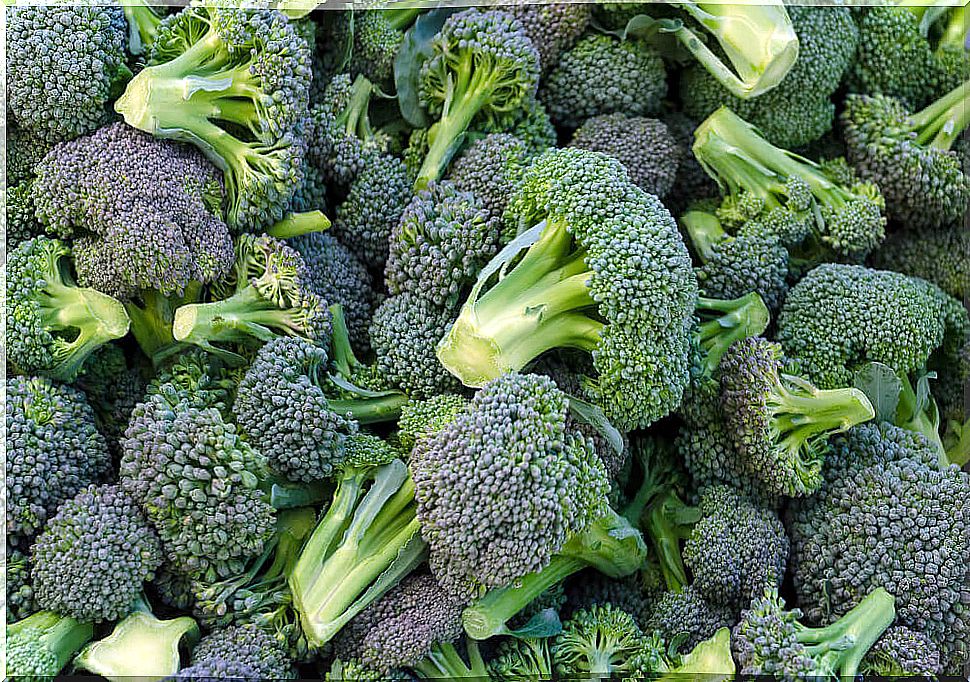
Although the consumption of vegetables in a balanced diet can provide health benefits, the consumption of broccoli does not prevent the appearance of tumors in the final section of the digestive system. It was thought that it did, due to its sulforaphane content, a phytochemical with anticancer potential under certain conditions.
5. Coffee?
In the popular sphere, it was even considered that coffee consumption could have a positive effect on the prevention of different types of cancer. According to a review published in 2018, the following is found:
- The consumption of coffee is not associated with the development of cancers in general, but of certain types.
- According to several studies, drinking a cup of coffee every day is associated with a reduced risk of liver cancer. Some reduction in the risk of oral cancer and prostate cancer has also been observed.
- Although there seems to be a favorable effect on coffee consumption in some colorectal cancer control studies, there are no cohort studies that indicate a consistent relationship between the two variables.
- On the other hand, in several investigations carried out, the data obtained are insufficient and mixed, so it is necessary to deepen the matter.
6. Garlic?
Due to its content in allicin and other compounds, garlic has been considered as a possible ally in the fight against cancer and other diseases. However, the evidence found in the various investigations has made it possible to clarify that, ultimately, the consumption of garlic (in any form and frequency) does not have any protective effect against cancer.
7. Nuts?
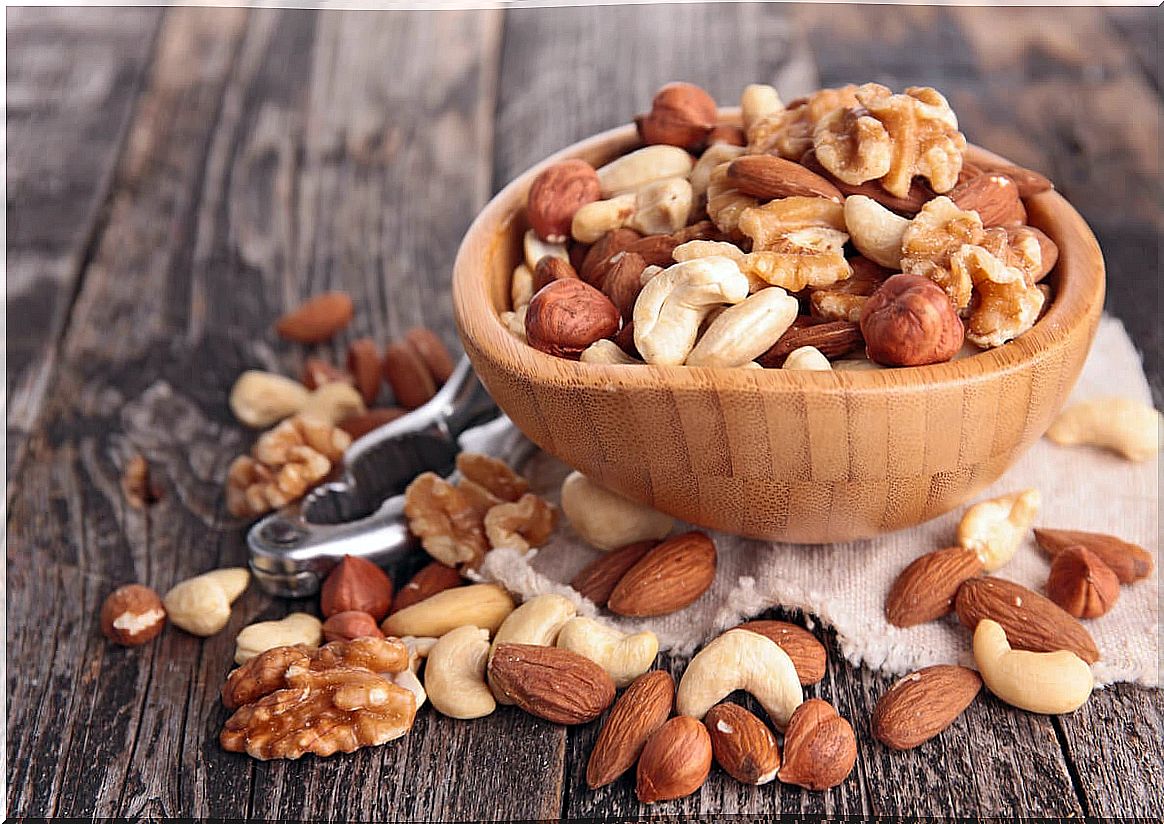
Due to their content of phytosterols, walnuts were considered as a possible food with anticancer potential. However, the researchers have come to the conclusion that it is necessary to continue to deepen the matter, since the evidence found to date is inconclusive.
8. Citrus?
Citrus foods (such as lemon and orange) despite being rich in vitamin C and other nutrients, do not have “anticancer properties” and their consumption will not protect the body from disease. The opposite has been claimed, given the popular belief that vitamin C “boosts” the immune system.
Experts in Nutrition and Diet such as Julio Basulto, affirm that there is not (nor will there be) any food or drink with anticancer properties.
9. Peach?
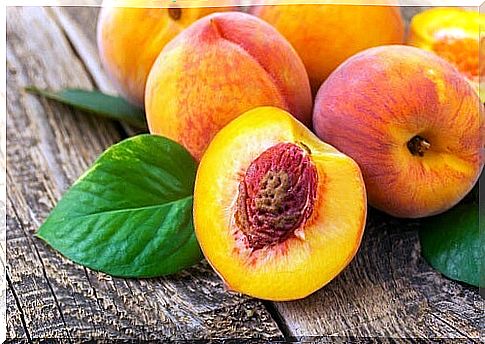
It was considered that, being rich in polyphenols, the peach could be a food with anticancer potential. However, when delving into the subject, it was found that the consumption of peaches was not decisive in the prevention or treatment of cancer and that it was necessary to continue researching it.
10. Oregano?
It was even considered that the carvacrol contained in oregano could have anticancer properties, especially on the cells of the breasts, liver and lungs. However, the studies carried out were not carried out in humans and, therefore, it was not possible to draw relevant conclusions about its possible relationship with human health.
Is there a guide that can clarify doubts?
AECC experts have developed a guide that clearly, briefly and concisely sets out the main misconceptions, myths and pseudo-therapies about cancer. In it, it is very clear that natural remedies are not advisable.

